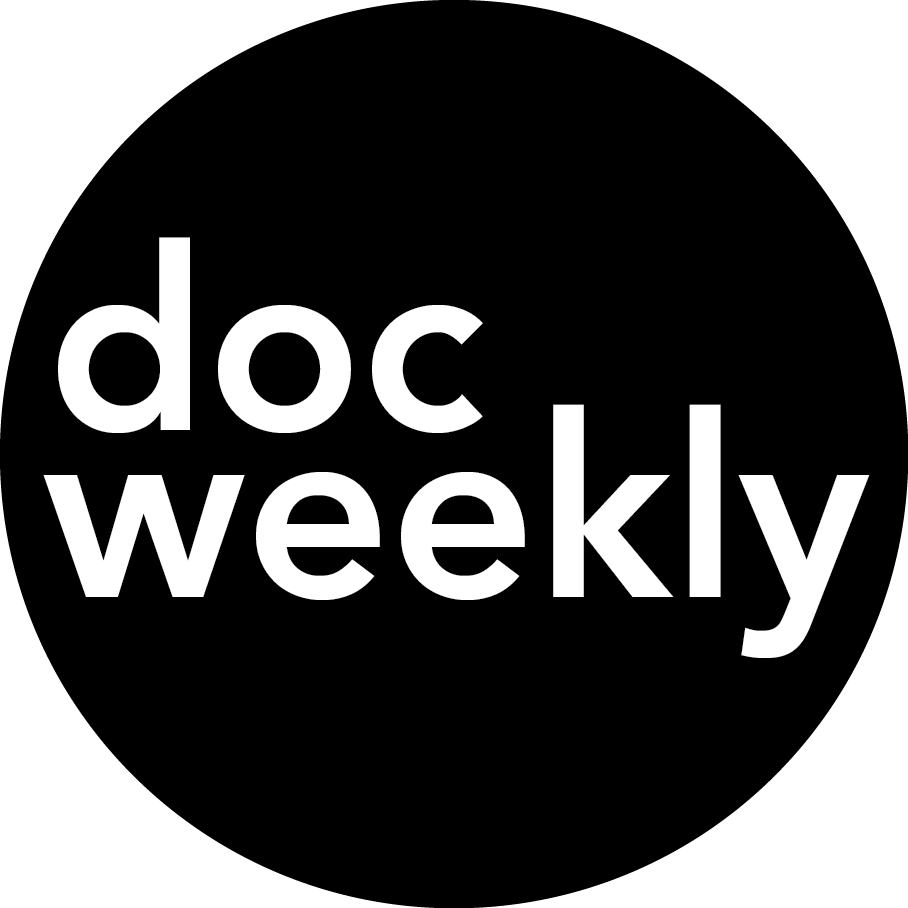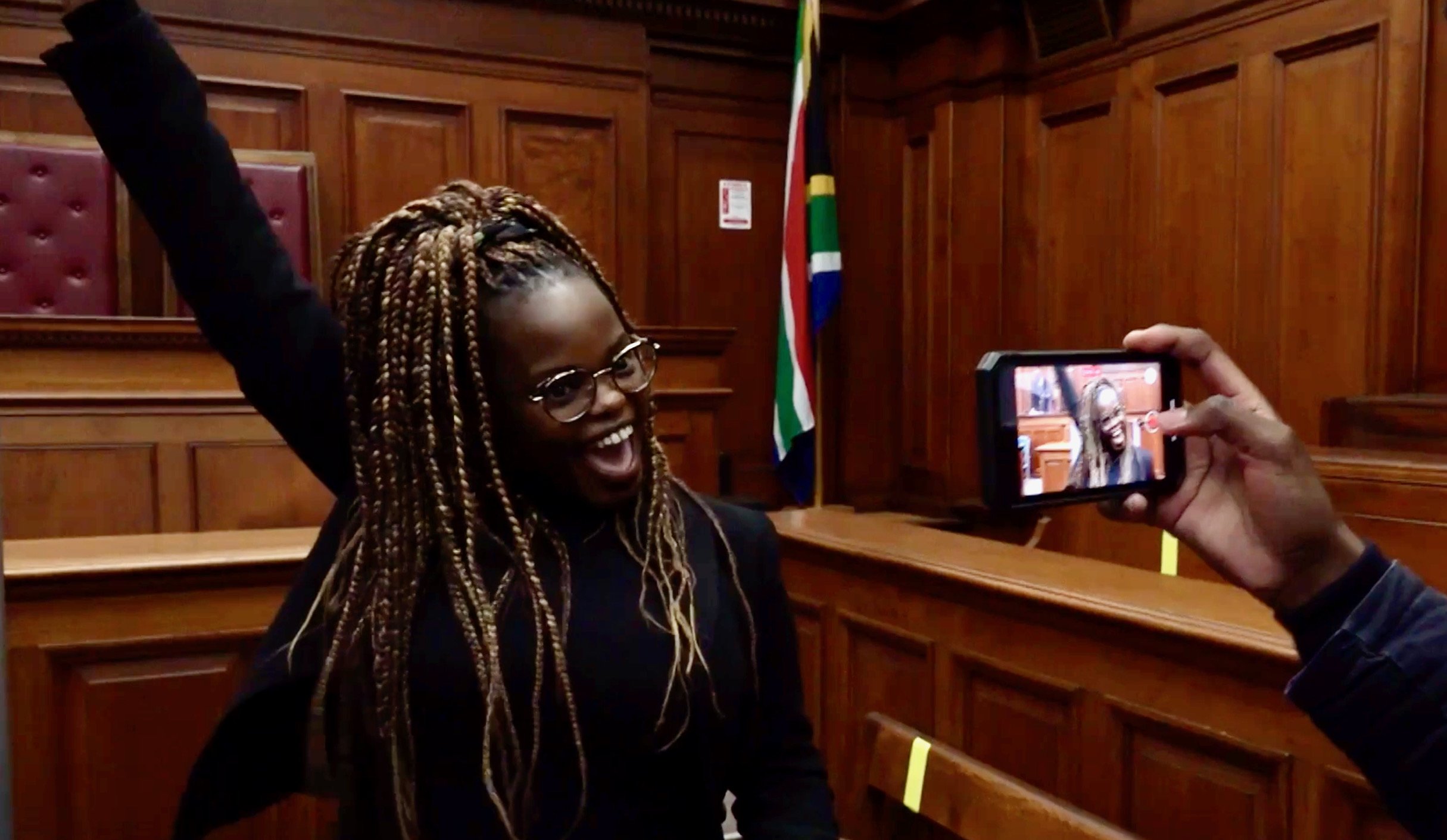Mother City: Still separate and still unequal in Cape Town
Mother City by Miki Redelinghuys and Pearlie Joubert received its World Premiere at Sheffield DocFest 2024 and our writer Pheladi Sethusa had the chance to see it in Johannesburg during a screening hosted by the Ahmed Kathrada Foundation.
The more things change, the more they stay the same - Jean-Baptiste Alphonse Karr
It has been thirty years since the end of Apartheid in South Africa, yet the freedoms of democracy remain distant for most. The wonderful, world-renowned rights enshrined in the constitution remain fable-like to the poorest, who still have to fight for even the smallest bit of justice and dignity in their daily lives.
The fight over and for land in South Africa spans hundreds of years. Key dates for the conquest and theft thereof include but are not limited to 1652 when the first Dutch settlers arrived on our shores, 1913 when the Land Act formally restricted land ownership of ‘non-white’ peoples (yes, on the tip of Africa, bizarre I know) or 1948 when the ultimate formalisation of exclusion came in the form of Apartheid.
However, the date most people are familiar with when it comes to this country’s history, is 1994, which marked the transition from white minority rule to a fully-fledged democracy. One which was meant to undo the injustices of the past and guarantee basic human rights for all its people.
Sitting in a packed cinema in Johannesburg, at a private screening of Mother City hosted by the Ahmed Kathrada Foundation, one could be forgiven for thinking that for some (read most), despite living in a country governed by ‘their own’, very little had been done to change their fortunes three decades on. The film co-directed by impact filmmaker Miki Redelinghuys and investigative journalist Pearlie Joubert, has been screened to sold-out audiences since it first premiered at the opening night of the Encounters South African International Documentary Festival in June 2024.
Through the life of Reclaim the City campaigner, Nkosikhona “Face” Swartbooi, the story of what dispossession means to those who live and work in the City of Cape Town unfolds over an hour and forty minutes. He narrates his experiences and those of his fellow activists and reclaimers at Ahmed Kathrada House in Green Point and Cissie Gool House in Woodstock. The social movement operates under the slogan: “Land for people not for profit”, and has sustained two of the longest-standing occupations of vacant buildings in the city centre since 2017.
It is not a first-person documentary, but the filmmakers' intimacy and proximity to the activists makes one experience it as such. The time spent in internal strategy meetings, inside reclaimed buildings, and in public confrontations with politicians helps put viewers in the heart of the fight for affordable social housing in Cape Town. Shot freehand and off the shoulder for the most part, authenticity is quickly established and maintained as the film ebbs and flows through dense legal challenges and heartbreaking personal narratives.
The film confronts the legacy of Apartheid spatial planning, town planning which deliberately and forcefully removed Black, Coloured, Indian and Asian people from city centres and suburbs to the outskirts. Close enough to provide reliable, cheap labour but far enough that when the work was over, they remained out of sight. The areas people were relocated to were often derelict and devoid of access to services – a fact that remains true today.
The people who live in these two buildings are ordinary South Africans who had until the occupation remained financially and physically locked out of formal housing ‘opportunities’ (as the government calls them) by being held on stagnant housing lists. South Africa is one of the most unequal countries in the world, and that still largely manifests itself across racial lines. The monthly minimum wage in the country is about R 5 400 ($315), while the average rental for a one-bedroom apartment in the city of Cape Town is R 9 370 ($547). For anyone who lives outside of the City Bowl, transport ranges between R2 000 ($116) and R4 000 (233) a month. It’s clear that the math ain’t mathing and that this financial exclusion is segregation by another name.
From start to finish, people desperate for change and dignity are met with “be patient” from deflecting politicians, “this is not how it’d done” from irritated locals, and “move, now” followed by undue violence from angry property owners. The housing problem highlighted by activists builds in intensity through their sustained action (occupations and protests) and the city’s inaction as the film comes to a devastating and ultimately fatal climax at the hands of chronic neglect.
One of the most affecting cinematic devices in the documentary is the original score by Edward George King and Charl-Johan Lingenfelder. It swells and quiets in all the right places, making incredibly difficult and traumatic subject matter easier to wade through on the back of its accompaniment. Coupled with the six years of careful and intimate documentation of the movement, this film serves as a witness to the violence of poverty, inequality and systematic racism. It asks those watching to move beyond passivity and indifference about an issue that seemingly doesn’t affect them, to consider human dignity as an unequivocal right they can play an active role in securing for themselves and others.
Screenings of the film are updated regularly: https://www.mothercitydocumentary.com/









